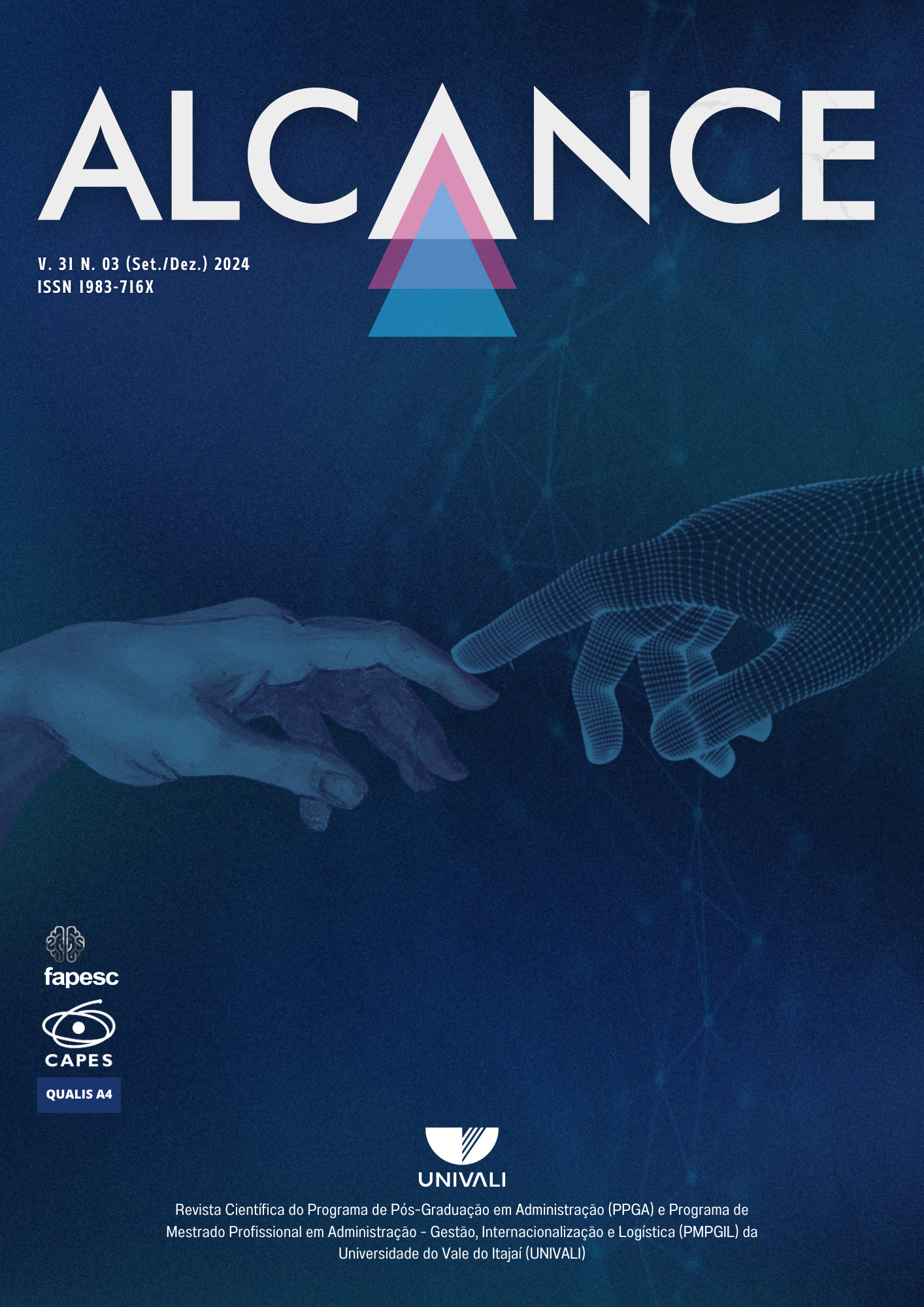

Dilema: A UWL enfrenta o desafio de retornar ao escritório após o bloqueio pandêmico, e o dilema que os gestores da UWL enfrentam levanta a questão: permanecer com esses funcionários que mostraram resistência em retornar e em que termos ambas as partes lidariam com o resultado desses obstáculos relacionados ao retorno à modalidade presencial de trabalho na organização.
Objetivo educativo: Desenvolver reflexões vivenciais de uma situação real vivenciada por quase toda a população quanto à mudança do regime de trabalho, do trabalho em escritório para o home office, e consequentemente, seu retorno (ou não). Perceber a importância de considerar esse novo modelo de trabalho também faz parte do objetivo.
Contextualização: O mundo inteiro enfrentou uma situação completamente atípica e inusitada em 2020 e 2021, enfrentando uma pandemia causada por um vírus desconhecido que mudou a dinâmica de um planeta inteiro em questão de semanas. Naturalmente, isso também se refletiu nas relações de trabalho.
Tema principal: O tema gestão de pessoas passa por um processo de transformação, principalmente após a Covid-19, e o tema principal do case apresenta justamente os conflitos gerados nesse período em uma empresa do setor de comércio exterior na cidade de Itajaí.
Público-alvo: O case pode ser aplicado em cursos de Administração (lato e stricto sensu), nas disciplinas de Gestão de Pessoas.
Originalidade/valor: O caso permite refletir sobre a Teoria da Cultura Organizacional, aplicando seu conceito aos conflitos de gestão identificados no problema da UWL.




Benjamin, L. (2020). Achieving the dream through a screen: Exploring employee engagement and commitment in virtual environments (Master Thesis). University of Pennsylvania, USA. Retrieved from https://repository.upenn.edu/od_theses_msod/103
Callefi, J. S., Teixeira, P. M. R., & Santos, F. C. A. (2021). Relações entre motivação, satisfação no trabalho e as dimensões competitivas da estratégia de Recursos Humanos no Great Place to Work. Revista Administração Em Diálogo - RAD, 23(1), 106-121. https://doi.org/10.23925/2178-0080.2021v23i1.48650
Fleury, M. T. L. (1987). Estórias, mitos, heróis - cultura organizacional e relações de trabalho. RAE -Revista de administração de empresas, 27(4).
Gurel, E.; Tat, M. (2017) SWOT Analysis: a theoretical review. The Journal of International Social Research, 10(51), 994-1006.
Haubrich, D. B., & Froehlich, C. (2020). Benefícios e desafios do home office em empresas de tecnologia da informação. Revista Gestão & Conexões, 9(1), 167-184. https://doi. org./10.13071/regec.2317-5087.2020.9.1.27901.167-184
Hau, F., & Todescat, M. (2018). O home office na percepção dos teletrabalhadores e seus gestores: Vantagens e desvantagens em um estudo de caso. Revista de Gestão e Tecnologia, 8(3), 37-52. https://doi.org/10.22279/navus.2018.v8n3.p37-52.601
Maranhão, D. (1966). Direito do Trabalho (5a ed.). São Paulo: FGV.
Passos, A. P. P., & Wollinger, H. (2019). Collins Distribuidora: os desafios na gestão de pessoas. Revista Alcance, 26(2), 229-243.
Schein, E. H. (1994). Organizational Culture and Leadership. Bulletin of Science, Technology & Society, 14(2), 121-122. https://doi.org/10.1177/027046769401400247





Este trabalho está licenciado sob uma licença Creative Commons Attribution 4.0 International License.






A Revista Alcance é uma revista brasileira de livre acesso, com publicação quadrimestral, vinculada ao Programa de Pós-Graduação em Administração e Programa de Mestrado Profissional em Administração - Gestão, Internacionalização e Logística da Universidade do Vale do Itajaí – Univali. Procuramos publicar artigos de trabalhos teóricos-empíricos e tecnológicos nas áreas da Administração. Diferentes perspectivas teóricas e metodológicas são bem-vindas, desde que sejam consistentes e relevantes para o desenvolvimento da área.
AS SUBMISSÕES ESTÃO SUSPENSAS ATÉ 02/02/2026.

